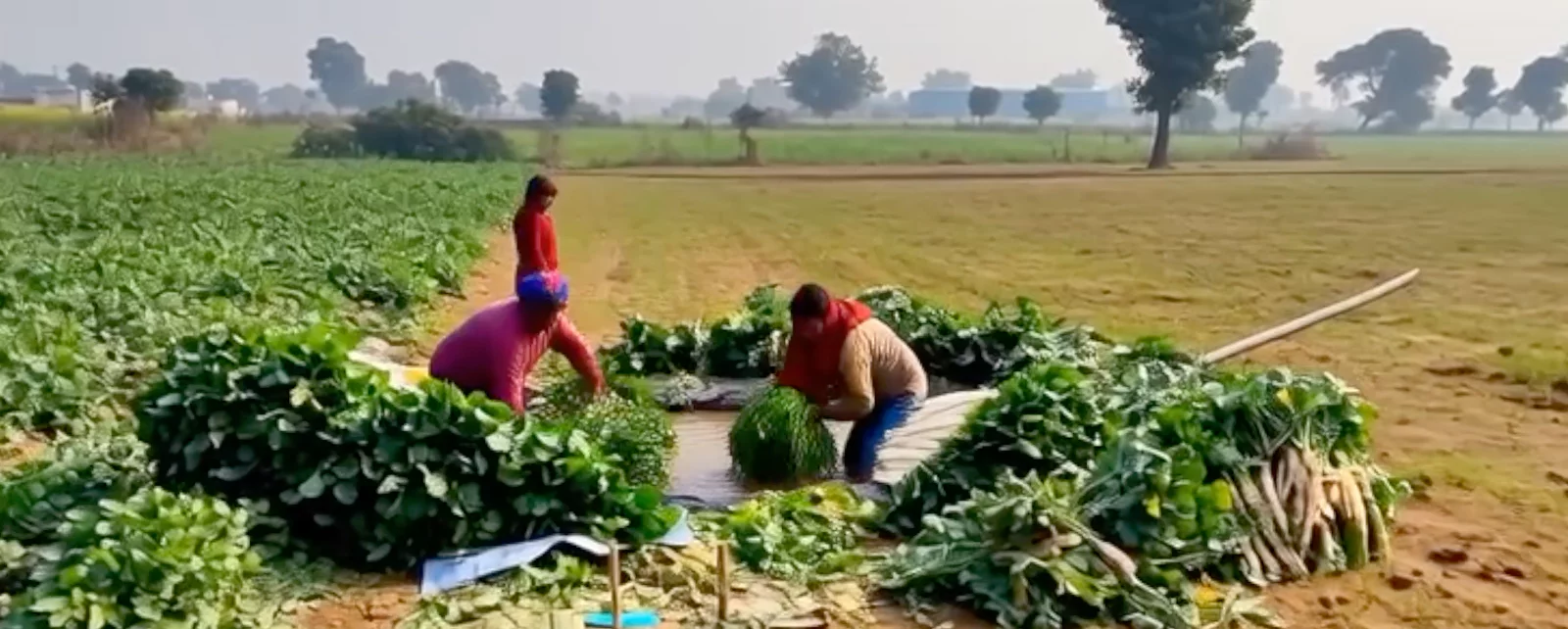Restoring the Aravallis: Leaders Unite in Delhi to Scale Nature-Based Solutions
Safe Water Network India (SWNI) convened a multi-stakeholder workshop on “Ecosystem Restoration in the Aravalli Region of Haryana” under the aegis of Project Vasundhara, in partnership with WAPCOS, the India Water Partnership (IWP), and PGDAV College (Evening). More than 40 participants—including senior government officials, scientists, academics, and practitioners—gathered to exchange lessons and chart practical pathways for restoring the Aravalli landscape.

Ms Poonam Sewak, Vice President – Programs & Partnerships, Safe Water Network; Prof. R.K. Gupta, PGDAV College (E), University of Delhi; Mr. Subhash Yadav, Conservator of Forests, South Gurugram, Government of Haryana; Dr. Veena Khanduri, Executive Secretary-cum-Country Coordinator, India Water Partnership and Mr. Ravindra Sewak Country Director and Global Technical Lead, Safe Water Network India
Mr. Subhash Yadav, Conservator of Forests, South Gurugram, Government of Haryana, served as chief guest and delivered the inaugural address. He underscored that restoring the Aravallis is both an ecological necessity and a social–economic imperative for the region, highlighting links between healthy ecosystems, water security, and community well-being.
Opening the session, Ms. Poonam Sewak, Vice President—Programs & Partnerships, Safe Water Network India, framed Project Vasundhara as a collaborative platform to build science-policy linkages and strengthen ground-level restoration. She noted that the Aravallis—often described as the lungs of northern India—require coordinated action to protect biodiversity, conserve soil and water, and enhance climate resilience for future generations.
The technical program featured leading ecologists: Dr. Faiyaz Ahmad Khudsar (Yamuna Biodiversity Park), Dr. M. Shah Hussain (Aravalli & Neela Hauz Biodiversity Parks), and Dr. Vivek Choudhary (Tughlakabad Biodiversity Park). Drawing on restoration case studies, they showed how degraded lands can be transformed through native species recovery, soil and water conservation, and nature-based solutions that also create urban resilience.
Subsequent sessions presented applied case studies from WAPCOS, IWP, PGDAV College (Evening), and Safe Water Network India on watershed management, urban green-campus initiatives, and improving soil and water health. Prof. R. S. Sharma, Head, Department of Environmental Studies, University of Delhi, delivered an address on Other Effective area-based Conservation Measures (OECMs) and urged collective action to foster ecological and environmental entrepreneurship for youth.
Mr. Yadav acknowledged Vasundhara’s efforts and invited Safe Water Network to partner with CSR foundations in the “Haryana Compensatory Andaman Forest” program—an initiative to promote compensatory afforestation across more than 24,000 hectares of low-forest-cover land in the Aravalli ranges to offset the loss of tropical forests in the Andaman & Nicobar Islands.
The workshop closed with a call for united action across government, academia, and civil society. By strengthening capacity, sharing knowledge, and scaling nature-based solutions, partners aim to secure the Aravallis—vital for ecological and climate security in northern India—and improve the long-term sustainability of communities who depend on them. Download a recap of the conference below:
Conference Proceedings_ Restoration of the Aravalli Region in Haryana
